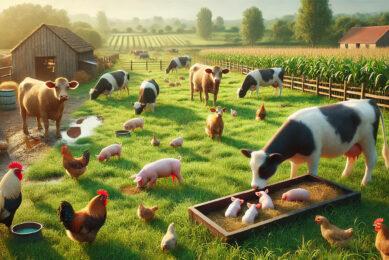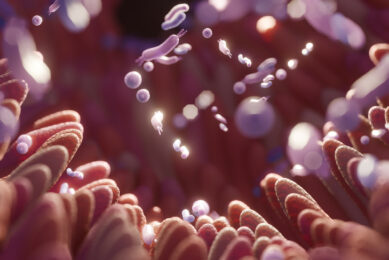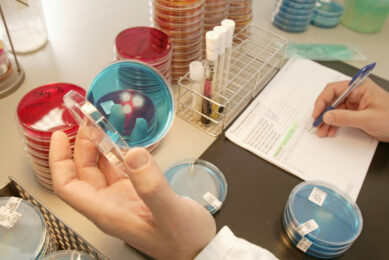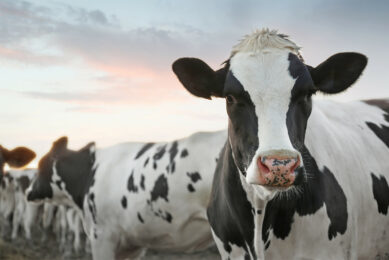Phytogenics against roundworms in laying hens
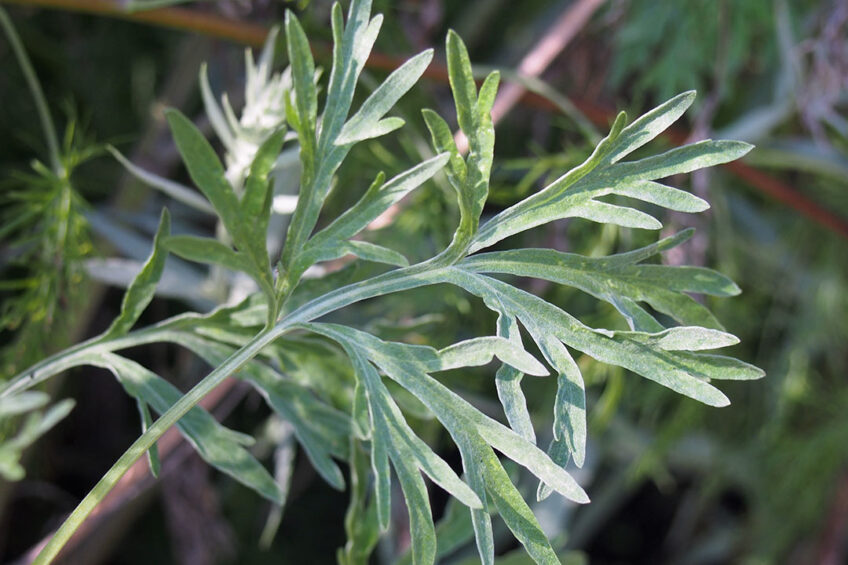
Research shows pumpkin seeds and wormwood can prevent the reduction of nutrient digestibility caused by a roundworm infection, potentially by modifying the gut microbiota.
Part of the Gut Health 2022 Special
Due to the trend of cage-free egg production, infections with nematodes such as Ascaridia galli are receiving increased attention with a prevalence that can fluctuate from 69.5% infected to nearly 90%. A. galli can negatively affect the jejunal microbiota, decreasing the microbiota diversity and increase bird’s susceptibility to infections with bacterial pathogens such as Escherichia coli and Pasteurella multocida. Since larvae and adults are found in the jejunum, A. galli can potentially affect nutrient digestibility and absorption. While several classes of antiparasitic drugs are effective against A. galli such as levamisole and ivermectin, in the United States, the only pharmacological base, with a withdrawal time for eggs of zero-days, registered by the Food and Drug Agency and approved to be used in commercial poultry is fenbendazole. The limitation of using only benzimidazoles-pharmaceuticals against helminthics is also true in the EU where cage production systems were completely banned. The lack of treatment options raises concerns regarding resistance against fenbendazoles. Even though a study done in 2017 did not show resistant to this drug by A. galli, in other parasites in different species this is already a reality. In turkeys, many veterinarians also reported the need of multiple treatments against Ascaridia dissimilis, suggesting worm resistance.
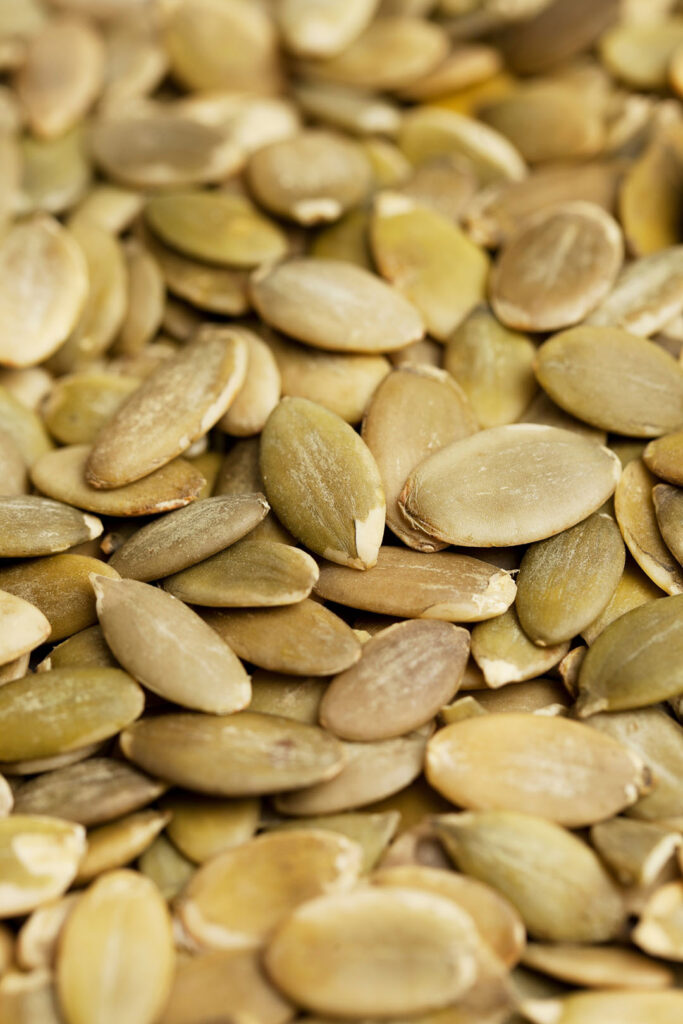
Deworming treatments
Although resistance was not yet reported, there are studies showing that the effect of deworming does not last for too long and it is not rare to see the necessity of multiple deworm treatments on the same flock. This is because these drugs are capable of eliminating the parasites in the birds, however, if this treatment is initiated late, the environment will already be contaminated with eggs that were shed. Thus, resulting in high contamination load and higher chances of re-infection soon after treatment.
The control of worms can be complex and challenging. Due to the high tenacity of worm eggs in the environment, infections with roundworms are difficult to control with biosecurity and good sanitation alone. For these reasons, routine use of anthelmintics is still considered the most effective strategy against A. galli. However, this is not an option in organic flocks since this type of production does not allow the use of drugs. Additionally, there are no vaccines that have shown to be efficient against nematodes. This situation requires research evaluating alternative treatments.
Artemisia absinthium and pumpkin seed
Nutritional alternatives are being investigated and have been shown potential improvements on gut health by interfering on the microbiota population, improving intestinal barrier, and modulating the immune system. Plant-based extracts are potential alternatives to drugs and have been used for years in human medicine. These plant extracts have a diversity of compounds with anti-inflammatory properties, but the mechanisms of action of most of them are still being characterised and studies that focus on host-microbe interaction are needed.
Two phytogenic products commonly used by backyard producers have shown potential to be used against other nematodes species in other hosts: Artemisia absinthium and pumpkin seed. Artemisia absinthium is commonly called wormwood and has showed to be effective in the control of Haemonchus contortus in sheep. Compounds that have been correlated with anti-helminth activities are terpenes, limonene, myrcene, α and β thujone. Pumpkin seeds could be used against worms in ostriches and mice and common active components are flavonoids, terpenes, saponins, cucurbitine and cucurbitacin.
A study conducted at Auburn University tested if Artemisia absinthium (0.02% inclusion) and pumpkin seed (1% inclusion) could be used as treatments and alleviate potential negative effects caused by an A. galli infection on egg production and quality, nutrient digestibility, and intestinal microbiota. For all nutrients, the digestibility was lower in birds challenged with A. galli. Challenged and untreated birds had 30% lower calcium digestibility and 12% lower phosphorus digestibility than birds fed with either pumpkin or artemisia. With such reductions, it is intuitive to expect that the eggshell quality would be affected as well. However, this did not happen. There are different mechanisms in which a reduction of nutrient digestibility will be compensated in order to maintain homeostasis. The reduction of the mineral digestibility could be compensated by the recruitment of the minerals from bones.
Change in microbiota
Another interesting finding in this study is the fact that both treatments altered the relative abundance in the jejunal microbiota with significant increase of Lactobacillales. Lactobacillales produce acetate that is a source of energy for enterocytes and can increase mineral absorption. This could explain of why challenged birds receiving the alternative treatments did not have a reducing on calcium digestibility. A study of the metabolome would be important to confirm this hypothesis.
Regarding as the potential treatments for A. galli, neither artemisia nor pumpkin seed showed an effect. It is important to point out that treatments were only mixes in the feed in order to simulate what most backyard producers do. This means that all compounds present in both treatments with a potential antiparasitic effect were present in lower concentrations than in extracts. This can be the reason why not many differences were seen in this research, but their aqueous and alcoholic extracts did show a potential in other hosts.
Reduced negative effects due to diseases
A. galli did impact nutrient digestibility and birds receiving either wormwood or pumpkin seeds had better calcium digestibility and higher relative abundance of Lactobacillales which could be the reason for this difference. Future studies investigating this mechanism are still needed. However, this study can be used as an illustration of how phytogenic compounds can modulate the microbiota by doing so reduce the negative effects caused by diseases challenges.
References are available upon request.
Join 13,000+ subscribers
Subscribe to our newsletter to stay updated about all the need-to-know content in the dairy sector, two times a week.



